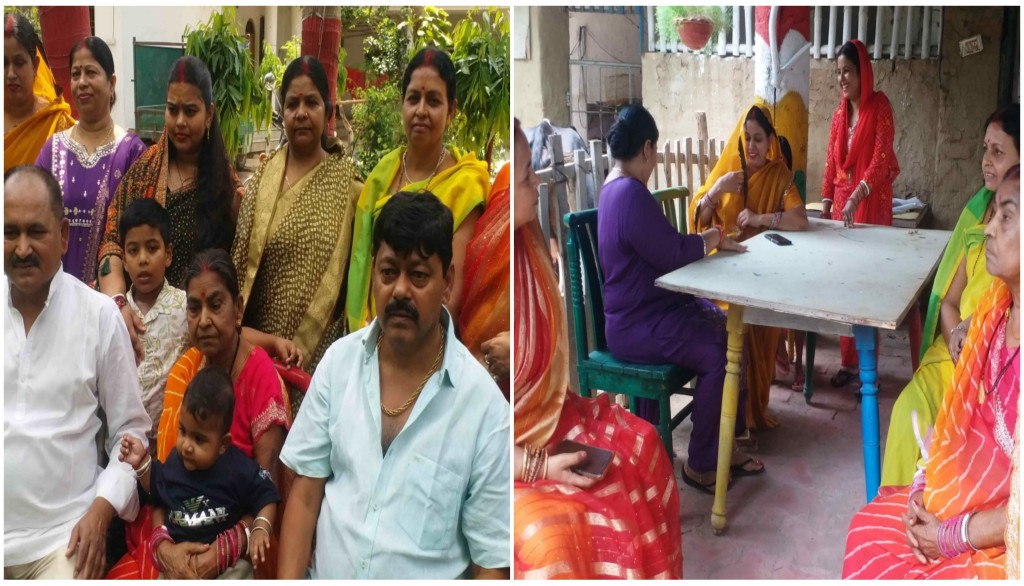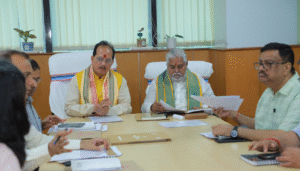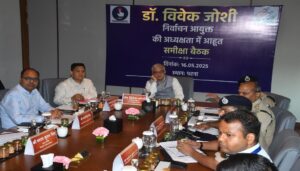
Bodh Gaya: In a sprawling residential complex in Gaya district, 66 members of the Kalyan family live together, representing four generations united by a tradition that dates back to the late 19th century. At a time when urbanisation and individualism have fragmented family units across India, the Kalyan family stands as a rare example of intergenerational living, harmony and shared responsibility.
Founded by Ghanshyam Singh over a century ago, the Kalyan family now comprises 55 voters and 80 rooms spread over 15 plots of land. The complex includes three large kitchens, five smaller ones, and a garden where the family gathers for dinner every evening — a non-negotiable ritual of togetherness.
Each day, the family consumes approximately 30 kg of rice, 21 kg of wheat flour, and 5 kg of pulses. Meals are cooked three times daily, feeding a house that spans ages from a seven-month-old infant to 90-year-old patriarch Kanhaiya Prasad.
“All of us contribute financially, and decisions are made collectively,” said Prasad, who oversees the household budget of approximately Rs 1.5 lakh per month. “The idea is simple: we are one unit. There is no ‘mine’ or ‘yours’. It’s all ‘ours’.”
Despite the sheer size of the family, disputes are resolved internally, often over a conversation rather than confrontation. “Arguments happen, but they stay within the walls,” said family member Vivek Kalyan. “We pledged to stay together not just for ourselves, but to ensure that our children carry forward this legacy.”
That legacy includes a family culture where every newlywed daughter-in-law is welcomed with a vow to uphold the joint family tradition. “When I got married, I was told that unity is our strength,” said Maya Singh, a newer member of the family. “For a year, I didn’t even know who my actual mother-in-law was — because everyone treated me like their own daughter.”
With over ten mothers-in-law living together and helping each other raise children, the Kalyan household functions like a self-sufficient ecosystem. “If a child cries, whoever is closest tends to them,” said Suman Singh. “We don’t wait for mothers — we’re all family.”
Property disputes are unheard of here. All ancestral assets are held collectively under the family name, and cannot be sold. Each member has their designated living space, and individual businesses run by various brothers help sustain financial independence within the unity.
The house also holds political significance during elections, when local candidates visit to court the 55-member voting bloc. “We stand by each other in marriage, illness, and every phase of life,” said Ajay Singh Kalyan, one of the sons of Kanhaiya Prasad.





